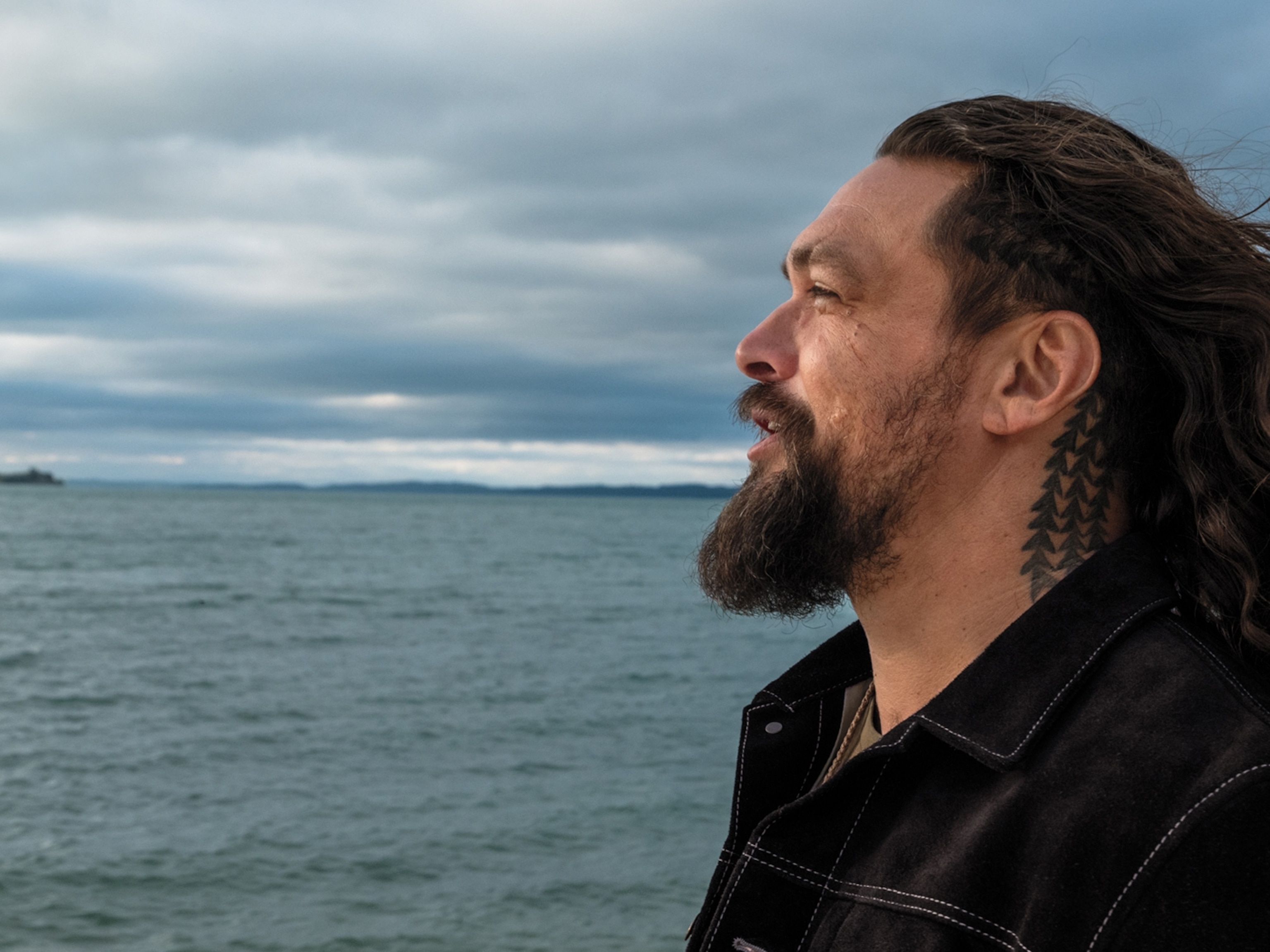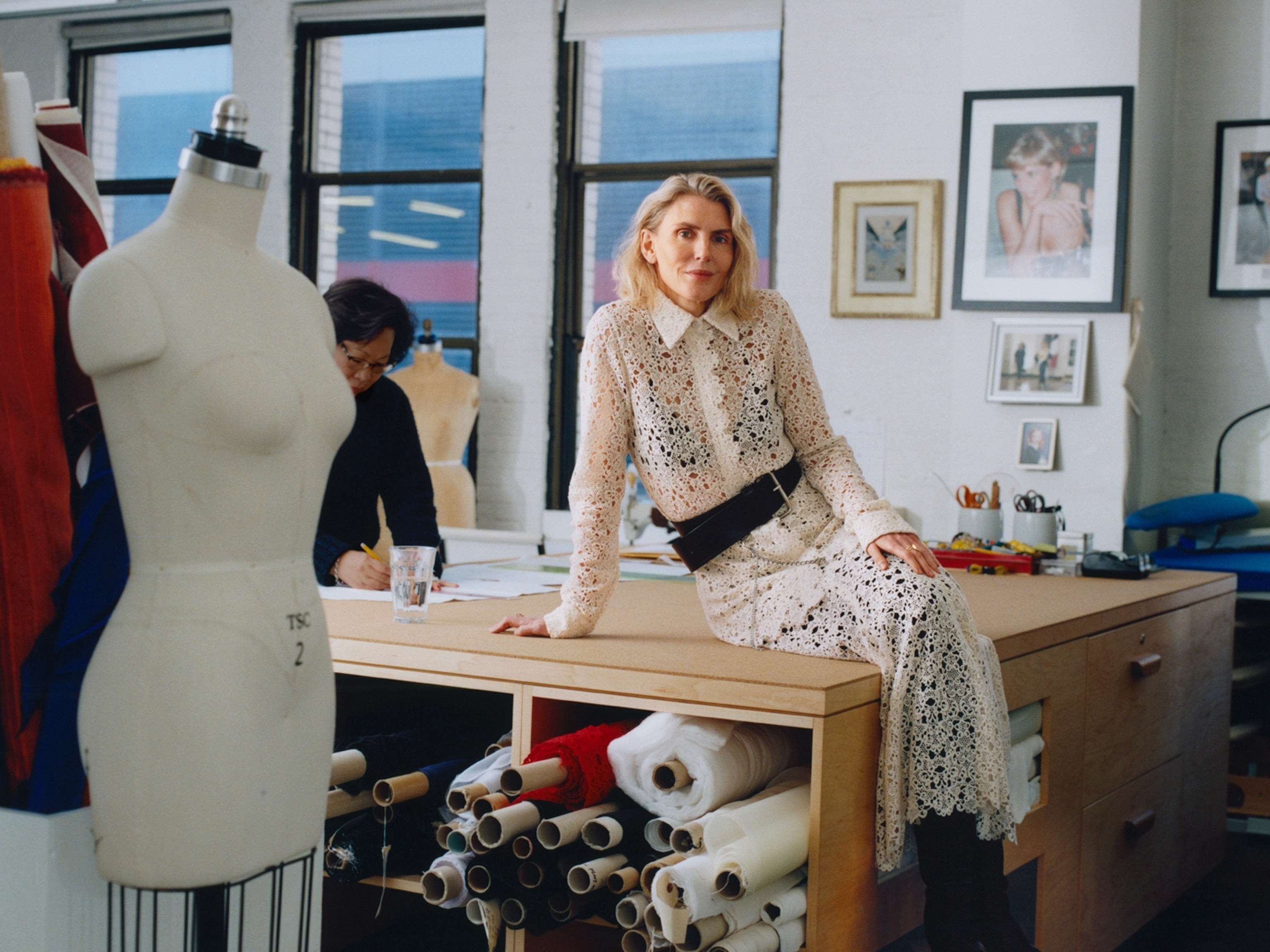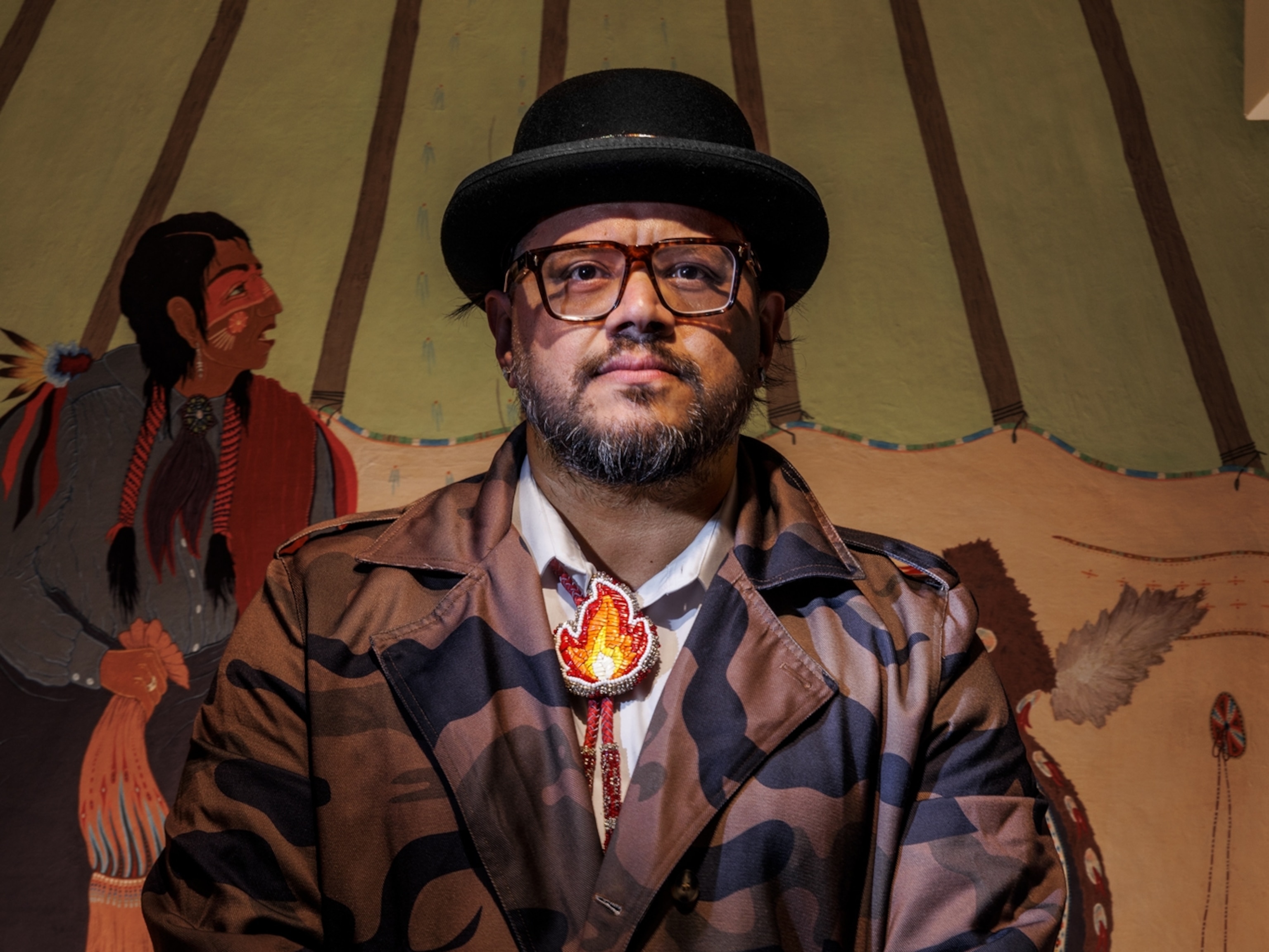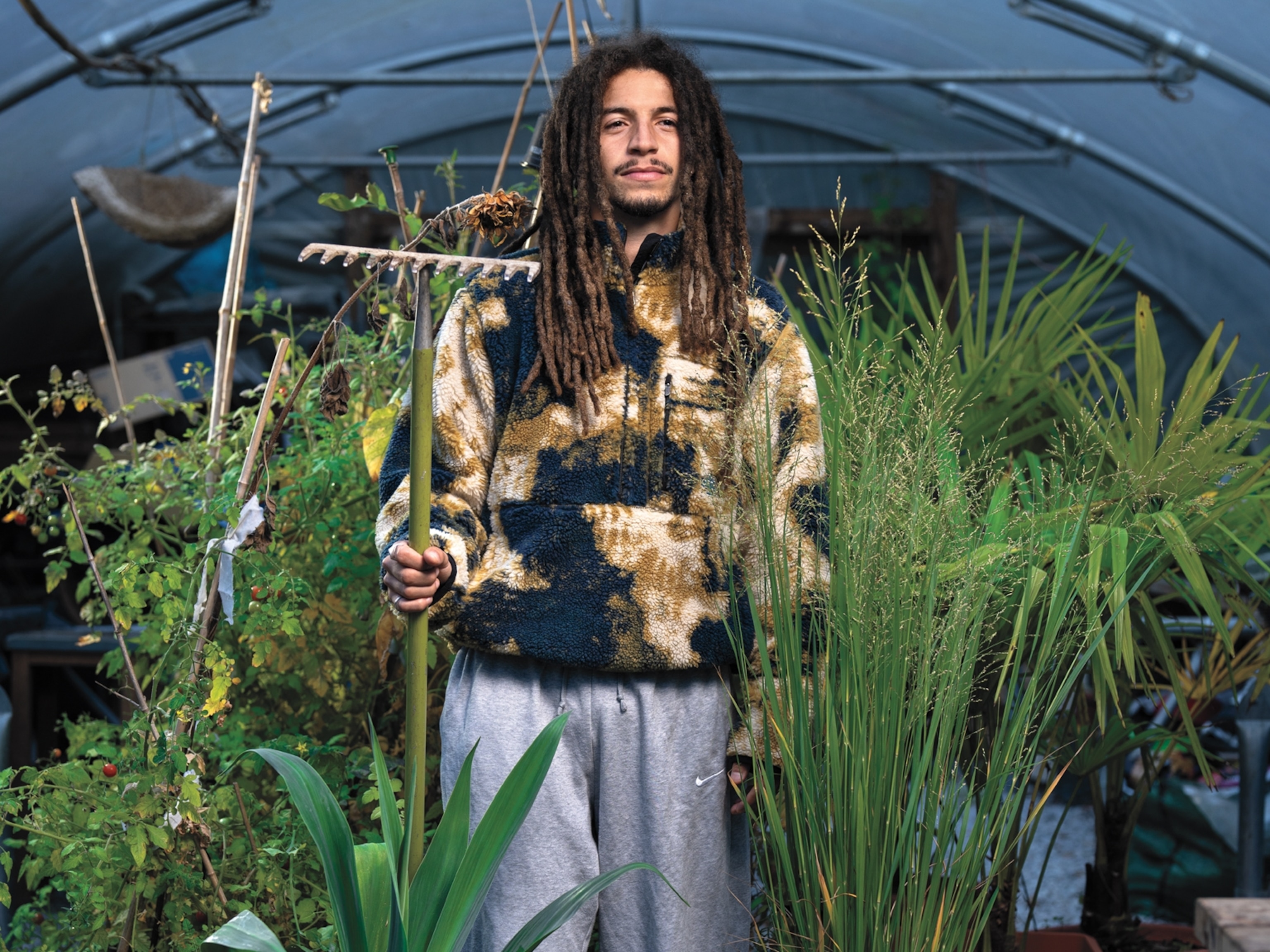It’s easy to feel down. That’s why Yara Shahidi is speaking up for optimism.
The voice-of-a-generation star of Black-ish and Grown-ish is searching for bright spots in tricky times. “Young people rise to the occasion time and time again.”

“What does optimism mean to you right now?” It’s a question that Yara Shahidi, best known for her role as the Gen Z cool girl Zoey Johnson on the hit show Black-ish and its spin-off, Grown-ish (both produced by ABC, which shares a parent company with National Geographic), often asks at the beginning of her new podcast, The Optimist Project, which wrestles with how to live a more fulfilling life.
As suicide rates rise in the United States and the world seems awash in anxiety-inducing headlines, it’s a question that has become ever more urgent. But when asked what optimism means to her, Shahidi, 25, who has no trouble speaking up—she’s publicly condemned acts of voter suppression and police brutality—pauses. “For me, optimism is a belief in self,” she says. “And a real belief that I am capable of handling whatever comes my way.”
Over the years, her own outlook has been shaped in large part by plenty of profound conversations with the fascinating people who have always surrounded her. Shahidi, a Harvard graduate, has two brothers. One is an actor; the other works in fashion. Her father, Afshin Shahidi, an immigrant from Iran, is a cinematographer (and a former photographer for the late pop star Prince). Her cousin is the rapper Nas. Her grandfather was a Black Panther. Discussions with family members, and with a wide range of illustrious acquaintances, were always so stimulating that Shahidi and her mother, Keri Shahidi, who together run their own media company, 7th Sun Productions, felt compelled to bring that energy to a wider audience. “We feel so fortunate to be having these conversations,” says Keri, who is Shahidi’s co-producer. “But equally, we felt the drive to make sure other people had the opportunity to hear what we were hearing.”
Launched late last year, The Optimist Project has already featured Saturday Night Live’s Ego Nwodim, Tony award-winning actor Courtney B. Vance, and Laurie Santos, a psychology professor whose online class “The Science of Well-Being” is Yale’s most popular course of all time.

Podcasting comes naturally to Shahidi, who describes growing up in a “TV-off household,” explaining that her family preferred audiobooks and radio programs. She gravitated toward audio because it feels like a participatory medium. “Your audience and your host have to meet halfway,” she says. “You rely on the audience’s imagination to go on this journey, and as a host you’re trying to create something compelling enough that you don’t need visuals.”
Her acting work helped stamp Shahidi as a voice of her generation, one regularly asked to comment on social and political issues. And she’s gladly used her visibility to encourage young people to vote and pursue careers in STEM. “When we talk about what jobs are going to help create the foundation for the next world that we live in, they are in STEM fields,” she says. “As we build our next world, we want to make sure that the leaders in those spaces look like our [current] world.” Now, though, she’s inviting listeners to slow down and reflect. In these moments, she thinks that real change can occur.
“Oftentimes, it feels like we’re so bogged down by the day-to-day of what our lives require that we don’t have as much space to say, Let’s take a step back from schedules, from finances, from all these things that we need to be thinking about all the time to just keep pushing forward,” she says. “Let’s talk about what quality of life means to me.”
The actor may have different stressors than her listeners, but Shahidi reflects on how young people today don’t see upward mobility as a given. “Having to pour so much thought into basic survival doesn’t give your brain space to think about, Well, why are we living?” she says. “What would make me excited to wake up the next day?” She acknowledges that this is a challenging moment for the next generation of leaders. “It’s overwhelming to think about how broken some of these systems are, how imperfect some of our tools for change are.
“But with that comes an onslaught of very inspired, very motivated young people,” she says. “Young people rise to the occasion time and time again, especially when we’re faced with things that are of deep concern to us ... And honestly, we need every voice. We need every person.” Spoken like a true optimist.






